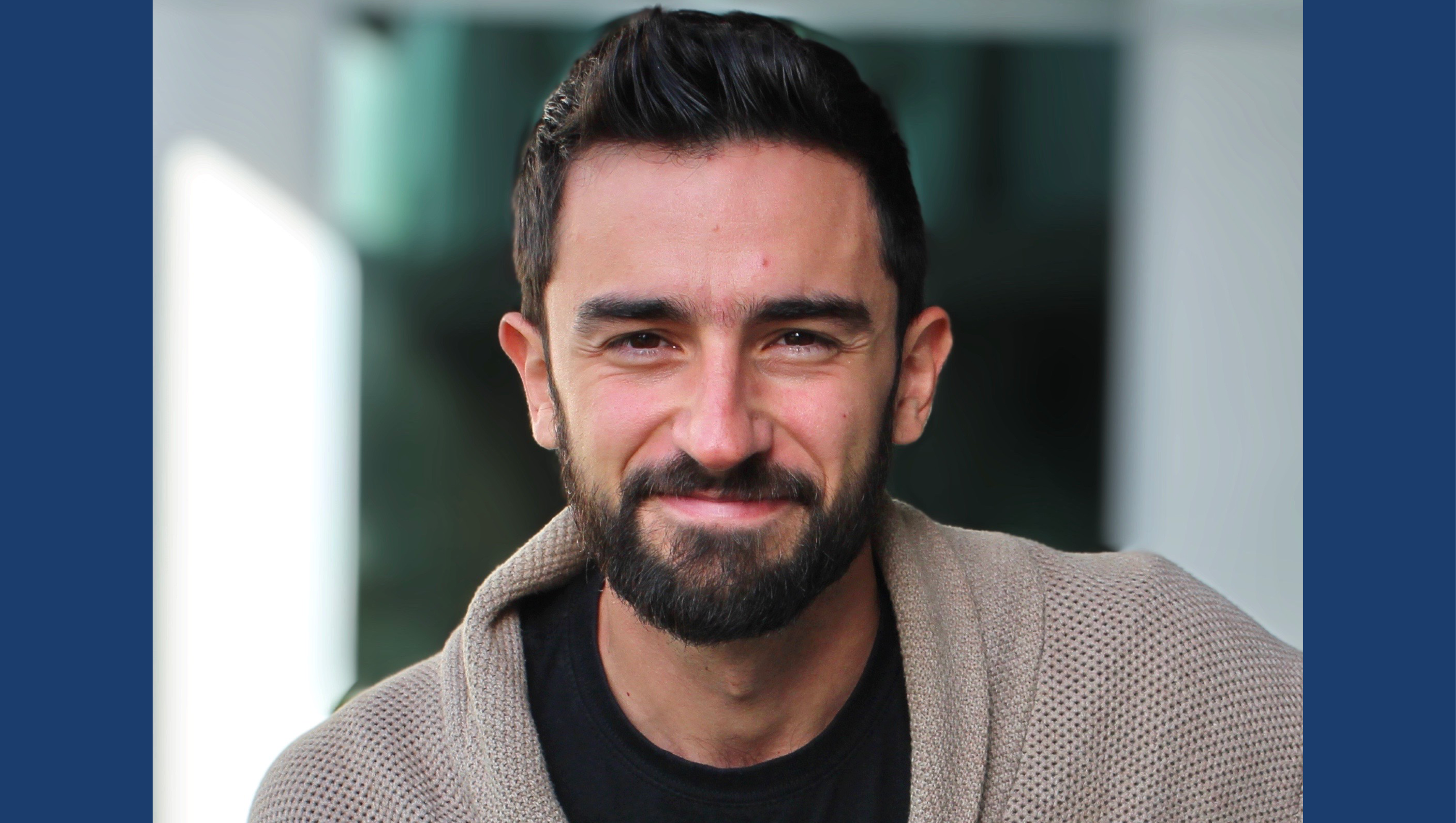
Juan Manuel Rubio, Ph.D. History ‘21 | ACLS Emerging Voices Fellow at the Effron Center for the Study of America, Princeton University
How did your interest in environmental justice develop?
I belong to a generation of Latin American scholars who are deeply concerned with environmental conflict, so my interest in environmental justice has always been there, even when I did not have that name for it. I am referring to the generation that witnessed a spike in mega-mining activity, deforestation and agricultural expansion during the 1990s and early 2000s. We began talking about “neo-extractivism” as a way to capture emerging regimes of exploitation which were often sponsoring anti-poverty programs while, simultaneously, degrading the environment and generating conflicts with local peasant and Indigenous communities. These are the contradictions that I set out to study at UCI and that I continue to grapple with now as I write my book on the environmental history of copper mining in Peru.
In the California context, I developed an interest in the history of lead contamination as I began working with Orange County Environmental Justice (OCEJ) in 2018. In one of their membership meetings, the director at the time mentioned that they had found lead in Santa Ana’s soil, but that it was not clear what the source was. That immediately sparked my interest and I said, “I think you need a historian.”
Fast-forward to 2020 and OCEJ brought me, Jun Wu, Alana LeBron, Shahir Masri and other scholars together in a virtual room to discuss ways to disentangle the potential sources of lead contamination in Santa Ana. I began coordinating these meetings and we published results in 2022 concluding that historic emissions of leaded gasoline were the most prominent and most likely contributor to soil-lead in Santa Ana. This had important implications for the field in terms of the methodology of exposure assessment, but it also had a practical impact in terms of prevention, mitigation and urban planning at the city and county levels. This year, I am trying to bring together several research collectives (in Trenton, Atlanta and Southern California) to conduct a multi-site study and potentially pursue bioremediation strategies.
What are you working on during your time as an ACLS Emerging Voices Fellow at the Effron Center for the Study of America?
While at Princeton University, I developed a project with my colleague Nate Otjen on the contemporary politics of lithium mining. We titled this project “Mining for the Climate” since we are particularly interested in emerging narratives about lithium production in the context of ongoing energy transitions. This is a project that is academic, public-facing and pedagogical all at once. In addition to working on a peer-reviewed publication on energy humanities, we are producing an audio series and training a group of undergraduate students on research skills and multi-media production. This is all in the context of the amazing Blue Lab at Princeton, which is a multidisciplinary space for cutting-edge research and public-facing media on environmental issues.
Did you always know that you wanted to go into academia? Why did you choose to pursue your Ph.D. at UCI?
I think I was 19 years old when I joined my first research team as a research assistant, so I had an interest in research and education from a pretty early stage. That initial project was about the evolution of subnational governments in Argentina. We were a few students and a couple of professors at the university in Córdoba, Argentina, with barely any funding. After that first experience, I joined a few other research projects and, after graduation, I started a research collaboration with Georgetown University as a visiting scholar. That was the beginning of my academic pursuit in the U.S., but it would take another four years until I was finally able to apply for Ph.D. programs.
Who were your most significant mentors at UCI, and how did they shape your academic development?
I don’t think I could have picked a better place to do my Ph.D. My mentors at UCI were incredibly supportive of graduate students and they were fantastic teachers, too. I worked primarily with Heidi Tinsman who modeled for me how to be a committed labor historian and an incisive scholar of gender. I also worked with Rachel O´Toole, the best teacher I know, and two environmental historians, David Igler and David Fedman, who introduced me to the field and supported me unconditionally as I wrote my dissertation during the rocky first year of the pandemic.
